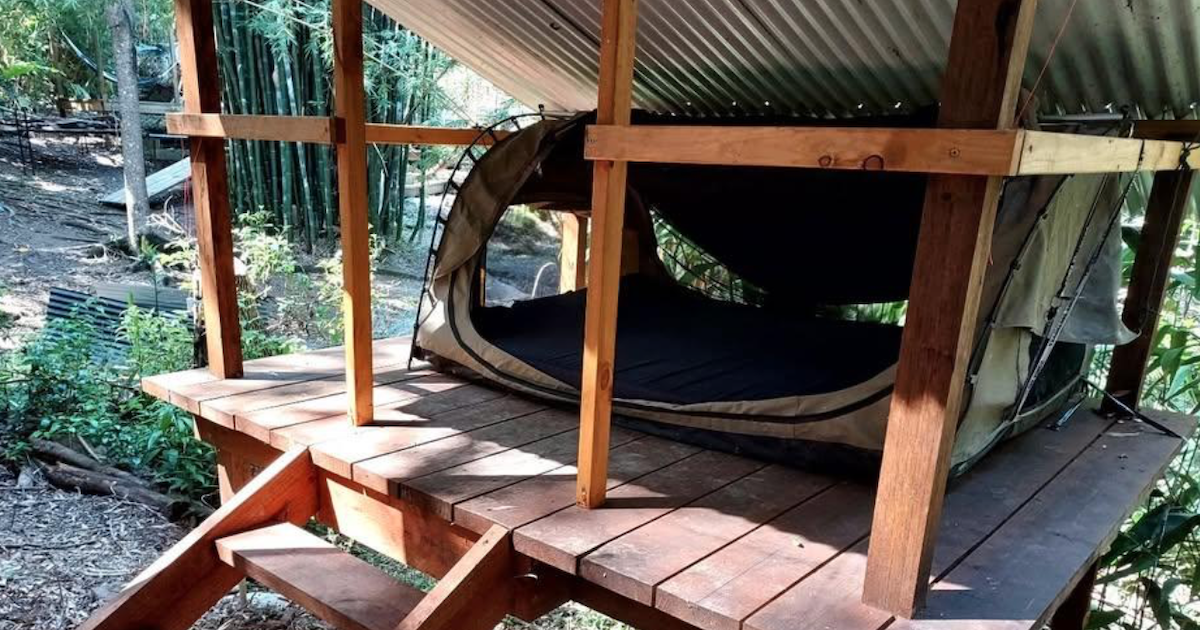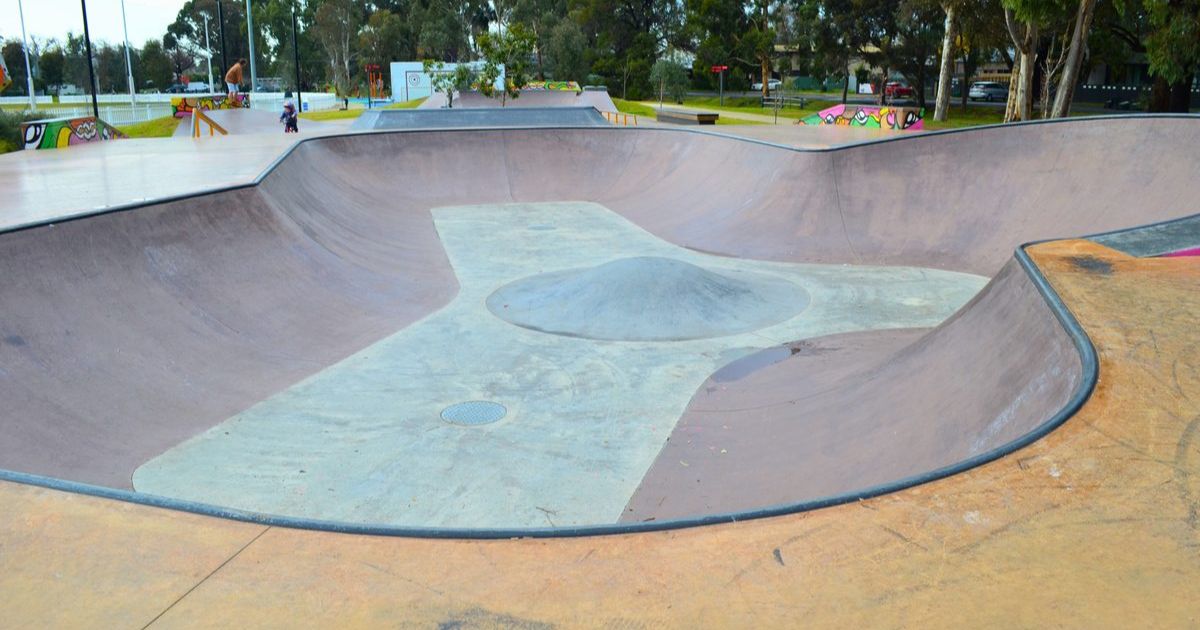Roderick Gates: a life of service

Grand day out: Keen photographer Roderick Gates snapped this picture of his wife and family in Barrack Reserve in the 1890s. Rear: Florence Gates's brother Horace Acfield, his wife Ethel and his son Wilfred. Seated: Rosie, Florence, Georgie and Mabel Gates. Front: Rod and Maud Gates. Photo: GATES COLLECTION/HEATHCOTE MCIVOR HISTORICAL SOCIETY
RODERICK James Gates was one of late-nineteenth-century Heathcote’s quiet achievers.
Born in Clapham, Surrey, in 1859, he worked as a civil engineer and draftsman after leaving school.
He married Florence Acfield in 1883 and the couple migrated to Australia shortly after the wedding.
Gates found work with the Town and Country Bank in Adelaide, and when it went into liquidation in 1886 he joined the Commercial Bank of Australia and moved to Williamstown in Victoria.
By 1890 he had been promoted to manager of the Heathcote branch, where he remained until 1901.
In just over a decade he contributed enormously to the town’s public life.
He was treasurer of the Hospital Committee, and joined several other committees including those of the Mechanics Institute and Agricultural, Pastoral and Horticultural Society, as well as the St Patrick’s Day Race Committee.
A keen musician, by 1894 he had founded the Heathcote Orchestra and was also a member of the choral society.
At a time when recorded music was almost non-existent and radio and television had not been invented, live performances were an important part of people’s lives.
There were regular concerts that showcased a range of local talent as well as special events such as the Extravaganza Entertainment in December 1900.

Not only did Gates lead the orchestra on the night, but his young daughters Georgie and Rosie also took part as members of a troupe of fairies.
Sponsored by the Mechanics Institute ladies committee, it was a musical with comic interludes based on the Beauty and the Beast fairy tale and the McIvor Times was generous in its praise.
“The performance was a great success from every point of view, was thoroughly enjoyed by all present and reflected the highest credit on every one concerned in its production” the paper reported.
Gates largely skirted controversy in his time in Heathcote and while his name appeared many times in the pages of the McIvor Times, it was almost always in a report about one of his many interests.
However, in 1897 the editor took Gates to task for his apparently lackadaisical attitude to entertainments that were for the benefit of the hospital.
“Had Mr Gates lived many years in Heathcote and taken the same active part in the management of the Hospital as he has done during his residence here, he would scarcely have ventured to give expression to the opinions set forth in his letter published in our last issue,” he thundered.
Gates’s response was good humoured.
“My correction of one or two inaccuracies in the previous article appears to have upset your fighting editor, and drawn down his wrath on me, but I don’t mind, in fact, I’m quite honoured at being the subject of a whole leading article,” he wrote.

When Heathcote learned of Gates imminent departure for Murtoa in 1901 there was an outpouring of regret.
He was lauded at a farewell dinner at the Heathcote Hotel and the McIvor Times recorded Dr Esler’s speech.
“During his residence in Heathcote Mr Gates had performed various and difficult public duties, and there was no charity or entertainment which did not get his hearty support and help, particularly in the musical department,” Dr Esler said.
The editor paid his own tribute to Gates as well as his wife, Florence.
“To say the least Mr Gates, will be greatly missed from amongst us,” he wrote.
“Before concluding we must not omit to also favourably mention his good lady, Mrs Gates, who also rendered valuable service at our hospital fetes and bazaars for good objects, and we heartily wish for them and family good health and prosperity in the district to which they are going.”
The Gates family remained in Murtoa until 1916 when Roderick died, aged 58, after an extended period of illness.
He had retired early on health grounds in 1914, but had continued taking an active part in public life until his death.

















